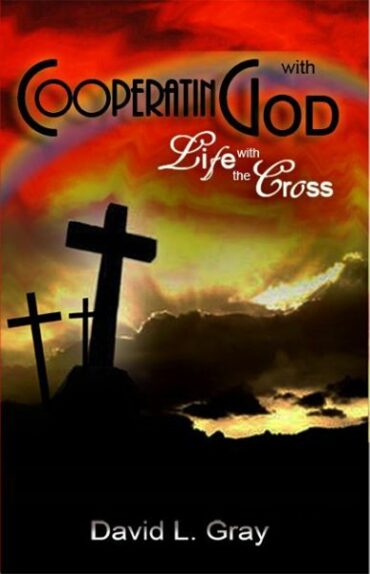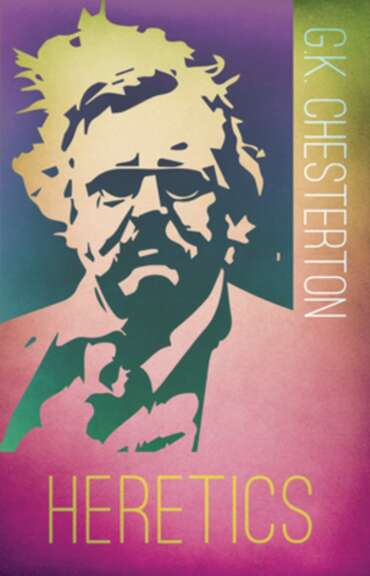The early twentieth century was a time when many works, including popular essays, were written on eugenics and eugenic theory, usually to promote ideas. However, significant anti-eugenic essays also circulated, the most famous of which is Eugenics and Other Evils: an argument against scientifically organized state (1922), written by G. K. Chesterton.
Chesterton was an English writer, and a Christian apologist (like C. S. Lewis). He engaged in both political debate and public action, and during the eugenics movement, openly critiqued the movement through lectures, public talks, and essays. Chesterton believed the eugenics movement to be one of the great evils of society. In Britain, at the time, there existed little opposition to eugenic thought, and Chesterton was accused of “irrationalism” in his thought. His lectures and essays eventually became the basis for his book, Eugenics and Other Evils.
In his book, Chesterton argues that eugenic laws are a means of suppressing the poor, and predicts the abuse of eugenics. The book was influential enough that the British Parliament began to question eugenic legislation (Sparkes, 1999), and indeed eugenic legislation as existed in the United States was never passed in Great Britain.
Jesus Loves You & Is There for You!





